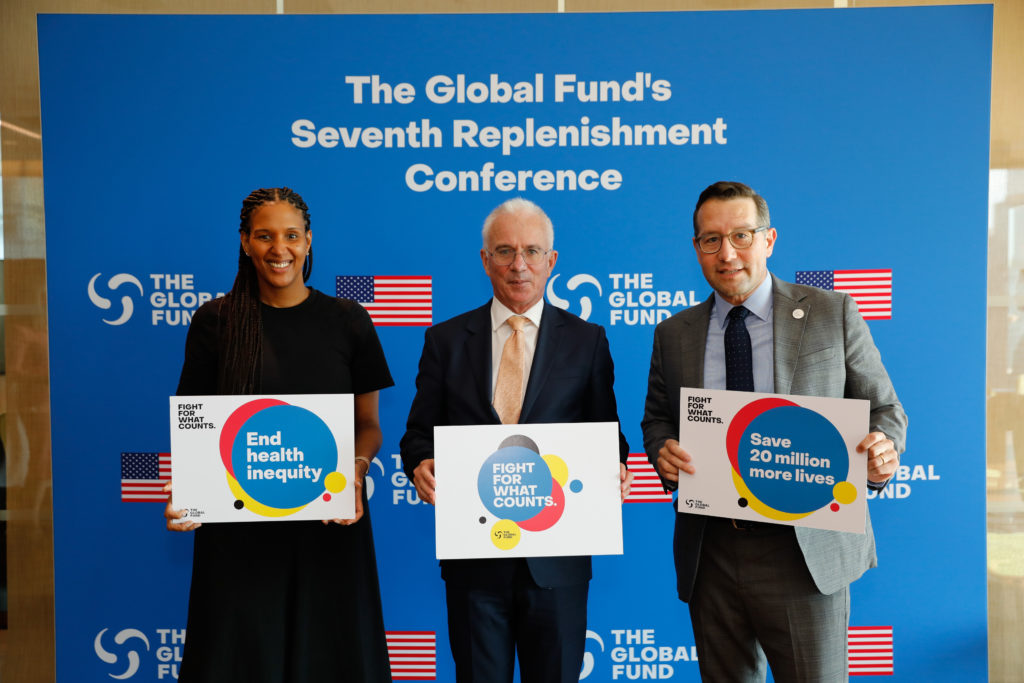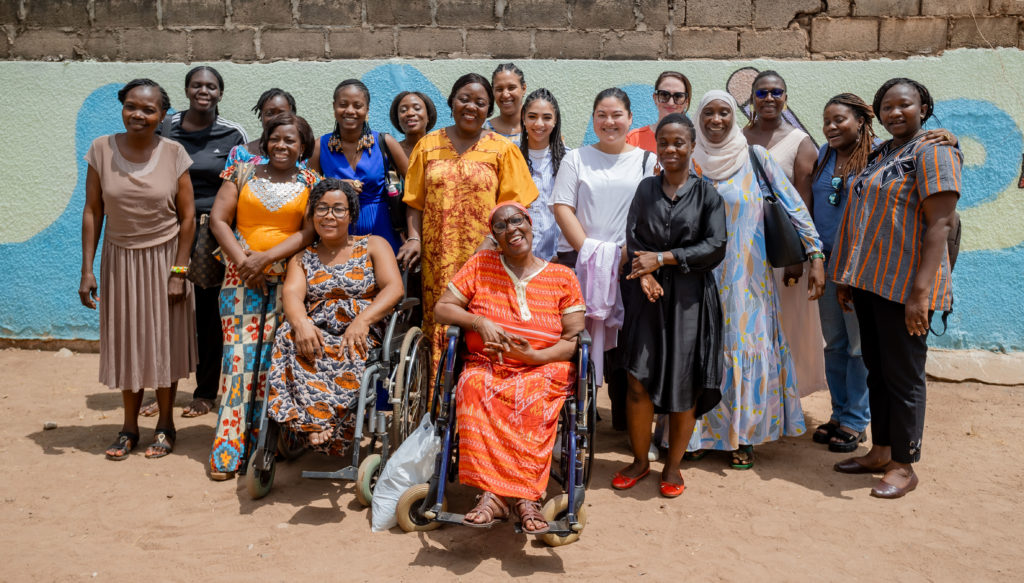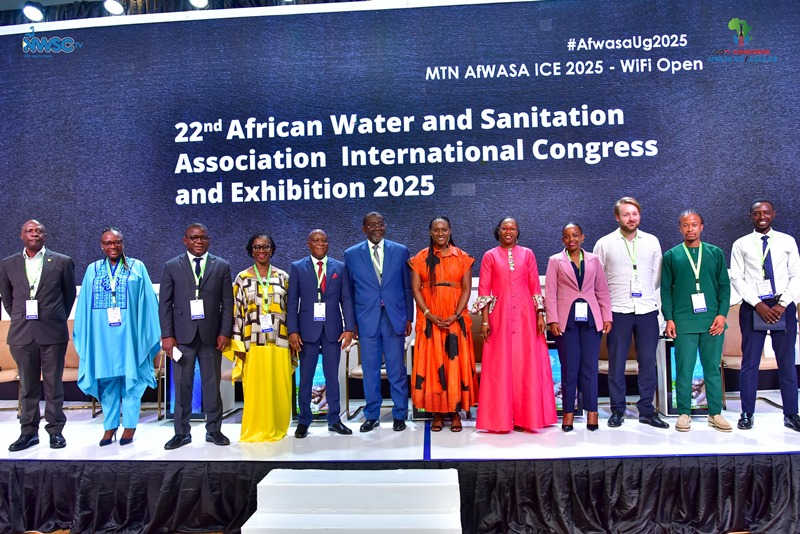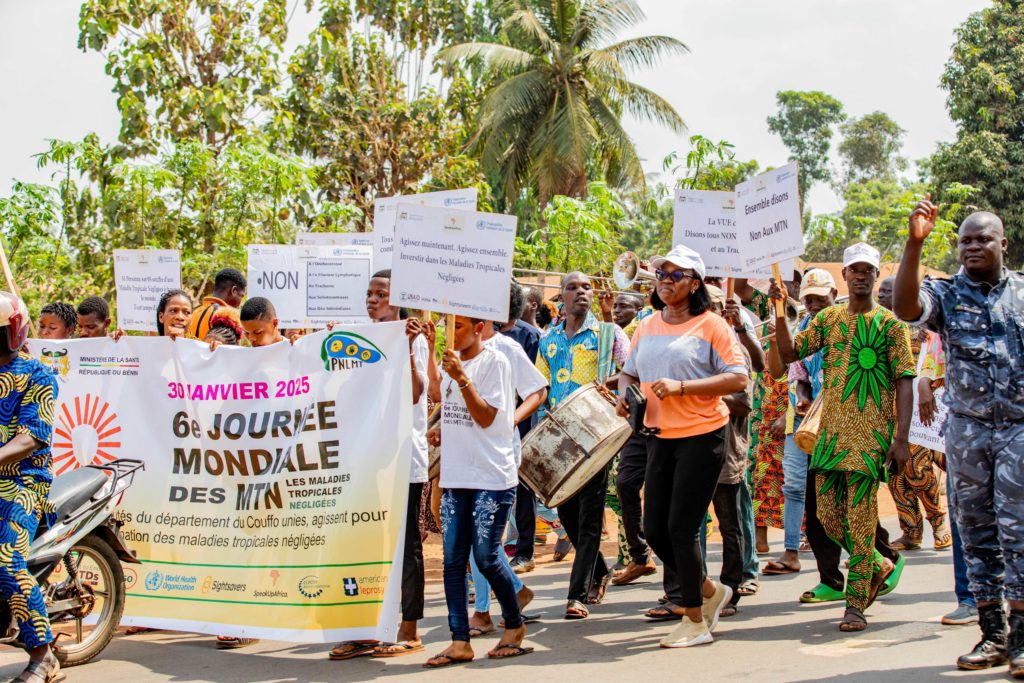Stimulating private sector engagement can help eliminate today’s deadliest diseases

The outcome of the Global Fund replenishment round last month showed that despite huge economic challenges countries and donors around the world are still very much committed to investing towards ending the world’s deadliest diseases – HIV, tuberculosis (TB) and malaria.
Over the past 20 years, the Global Fund, an international financing and partnership organization, has invested more than US$55.4 billion, saving 50 million lives and reducing the combined death rate from HIV, tuberculosis and malaria by more than half in the countries in which it invests.
45 countries, including 18 African countries, made commitments amounting to a final record breaking $14.25 billion for its next funding cycle (2023-2025). The replenishment also raised more from private donors than ever before – $1.23 billion.
Yet, there is also the stark realization that whilst donors and funders committed to more funds than they have before, not reaching the $18 billion target risks putting over 20 years of hard-won gains towards eliminating today’s deadliest diseases in jeopardy. But there is still hope, governments that have not yet pledged still have the opportunity to do so – we call on global leadership to commit resources to save 20 million lives from HIV, TB & Malaria by reaching the $18 billion target.
In addition, we need to look towards the untapped resources we already have and how we can go further in our engagements and partnerships. The private sector has a sizeable stake in global health, As we have learnt all too well from the COVID pandemic, a healthy workforce leads to a healthier economy and the private sector has a direct stake in global health outcomes. From a macroeconomic perspective, a business’ investment in the well-being of its consumers has long-term benefits for its economic development through the creation of new markets and the availability of additional human resources. Malaria alone is responsible for Africa losing 4.3bn working days, 1.5bn school days, and also costs the continent an estimated $12bn per year.
Private sector engagement is not new. The private sector already plays a significant role in implementing the Sustainable Development Goals (SDGs) and in the face of dwindling public resources, we need to focus on how we rationalize and optimize those partnerships.
For example, the Zero Malaria Business Initiative mobilizes private sector companies in the fight against malaria in Africa in order to achieve a malaria-free continent within a generation. And to date, the initiative is operational in Benin, Burkina Faso, Senegal, and Uganda, with 37 local businesses engaged. Private sector partner, Ecobank is rising to the challenge with a firm belief that the malaria fight is a whole-of-society responsibility and is therefore committed to being at the forefront of developing innovative and sustainable funding solutions.
Another example of public-private is the « Voix EssentiELLEs » initiative, a partnership with the Global Fund, Fondation CHANEL and Speak Up Africa to provide financial and technical support to stimulate the impact of health policies and programs in West Africa by ensuring the meaningful engagement and inclusion of women and girls in all their diversity in decision-making spaces.
Today, the Global Fund is a world leader in forging innovative, impactful private sector partnerships and making private sector investment go further whilst ensuring civil society organizations and the communities they represent have a seat at the table. Let’s continue to fight for what counts together with the private sector by stimulating their engagement in global health and scaling the impact of their financial technical investments in the sector.
As civil society and local communities, we can work on bringing the private sector to the global health table in a capacity that goes beyond transactional donors. To do this, we have to shift our outlook and perceptions of the private sector, to see them as partners and resources for knowledge exchange and co-creation, as a means of unlocking innovation, building stronger African health systems, and delivering health for all.
By Yacine Djibo, Executive Director, Speak Up Africa


